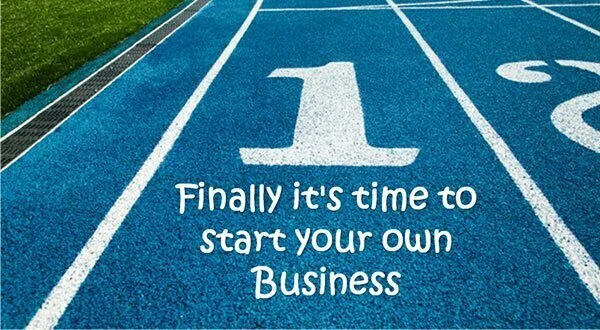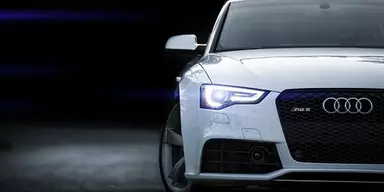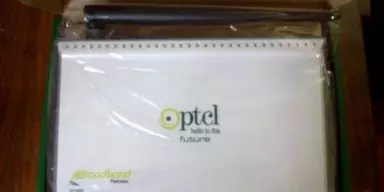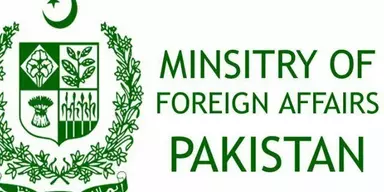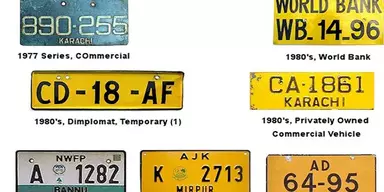Taking a risk in life is a statistical probability that can either bring success for you or can drive you toward path of failure. The Same rule also applies in the business. But in business, it is often noticed that high-risk always takes to high profitability and achievement if appropriate decisions taken at right time.
Business is about the experience and real knowledge. It is not about reading a book on swimming and after reading some pages diving into the pool to swim.
In Pakistani society, most of the people particularly youth always ruin after the government and multinational company job. It is not bad. Choices are open for all. But there are very few who dare to take the risk of starting their own business.
According to a recent survey by the Gallup Pakistan, only 33% Pakistanis believes that starting a personal business is the definite way to becoming rich. 25% believes that government white collar job also leads to the way of richness. Surprisingly, 21% attached the richness with a successful marriage.
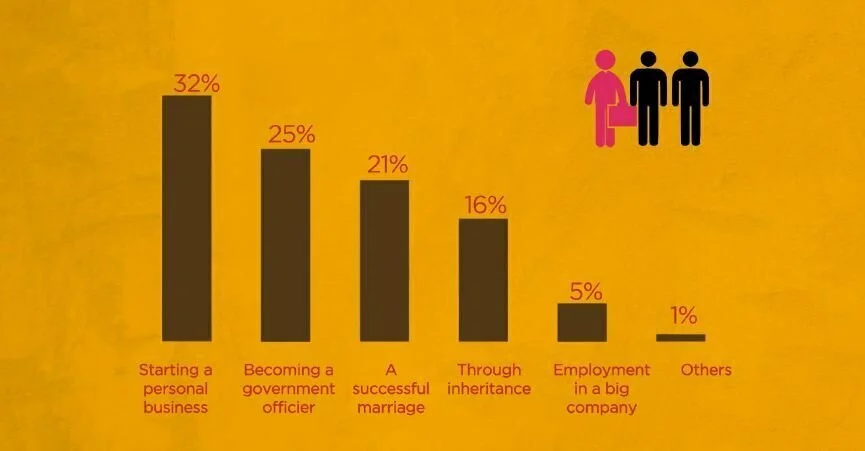
Abstract of the Gallup Pakistan Survey:
Gallup asked the question; In your opinion, what is a definite way of becoming rich these days?
According to a Gilani Research Foundation Survey carried out by Gallup Pakistan, 32% Pakistanis believe that starting a personal business is a definite way of becoming rich.
A nationally representative sample of men and women from across the four provinces was asked, “In your opinion, what is a definite way of becoming rich these days?” In response to this question, 32% said starting a personal business, 25% said becoming a government officer, 21% said a successful marriage while 16% said that inheritance was a definite way of getting rich. A minor 5% also said mentioned employment in a big company while 1% gave other reasons.
The study was released by Gilani Research Foundation and carried out by Gallup Pakistan, the Pakistani affiliate of Gallup International. The recent survey was conducted among a sample of 1822 men and women in rural and urban areas of all four provinces of the country, during February 01 – February 08, 2016. The error margin is estimated to be approximately ± 2-3 percent at 95% confidence level.

